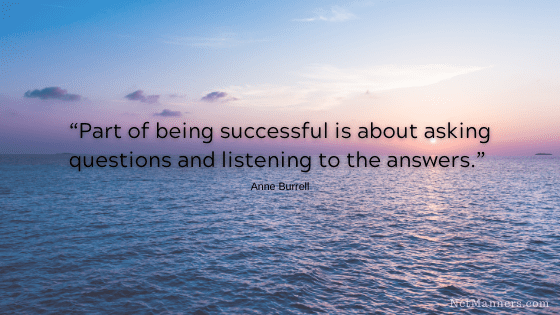Taming the Flames: Strategies for Navigating Online Hostility in a Polarized World

Flaming is essentially a harsh message from one person to another, typically sent online or via email. Social media, in particular, is on fire, and if you are an active participant, it would be odd if you participated and had not yet been flamed.
You can also be criticized or ridiculed (flamed) if you participate in a forum, group, or discussion board. However, having a difference of opinion is not the only thing that instigates a flamer. It’s the attention.
Why will you get flamed?
In today’s online environment, the level of flaming varies by venue and by topic. In my experience, most smaller, intimate groups and forums are more personal, and therefore, people know each other and tend to be more reasonable and understanding.
That’s why it is always wise to lurk when you join any new group or website. You want to ensure it is a good fit for the reason you are there. Lurking also provides the opportunity to experience the personality (and personalities) of the group before you jump in.
Play by the Rules
If you break the posted rules of any website, forum or group (and it is clear you didn’t take the time to read them) the regulars may flame you. Some will be nicer than others.
Established forums are a pretty tight-knit group and don’t take kindly to “newbies” not following the posted guidelines. Hint: Always read the charter, policies, or rules before posting.
You might get flamed when information that is available to you by doing a simple search with minimal effort is not read. When you post mistruths or clearly type comments not based on any facts, you’ll raise the ire of those who are informed.
Flaming can also be someone just being nasty because they are having a bad day or misunderstood something you typed. When that happens, quickly clarifying what you meant will help to diffuse the situation.
Then some are just plain jerks (a.k.a. trolls).
My Experience…
I remember an SEO forum I joined a while back. The guidelines were standard and customary, and it seemed that many knowledgeable individuals were sharing information and being helpful. Just what I was looking for.
I did notice that one moderator was somewhat of a bully, but I didn’t think it would affect me. I searched for the topic I wanted to know more about, but found nothing. So I posted.
Yikes! Did I get a dressing down. He also threw in some assumptions and insinuations. I apologized and explained that the forum search I had done did not produce the results he referenced. And he came back at me again…
No amount of good information was worth that treatment. This particular forum, which had been online for well over a decade, eventually shut down. It had become stagnant. I saw comments elsewhere noting the moderator’s and the forum owner’s arrogance, which was partially to blame.
The lesson here is that when starting a forum or group, the choice of moderators and the rules they abide by are just as important. Or folks will go elsewhere.
How to Handle Nasty Flamers
If you did break rules and received a nasty email pointing that out, just take the high road and apologize. If you didn’t take the time to review available resources or guidelines, simply offer your humble apology. In most cases, the “complainer” will probably understand.
Handling flaming—hostile or aggressive online interactions—in today’s emotionally charged digital environment requires a mix of emotional intelligence and strategic communication. Here are some practical tips to navigate and de-escalate flaming effectively:
Pro Tip: Before posting or replying, ask yourself: “Is this worth my energy?” If not, save your peace. Flaming can be emotionally draining. Life is too short.
Free Speech, FreeSpeech!
Yes, anyone can say anything they want; you are free to express yourself as you see fit. But freedom of speech does not mean freedom from consequences.
The last thing you want to do is flame back when you are in the wrong. You won’t like the response to that at all. Nor will that help you to become a respected and welcomed member of the group.
Conversely, whenever you run into a troll, the best response is no response. There is nothing you can do to appease a nasty flamer. It is all about their ego and getting under your skin. Don’t feed that beast.
Now, if a flamer becomes threatening, report the issue through the appropriate channels. Take a screenshot of the threatening communication so you have that on file in case the flamer deletes it, which is very common.
Online, you’ll find all kinds of folks. Gravitate towards those you enjoy who share similar reasons for participation that you do. And do your best to ignore the rest.







